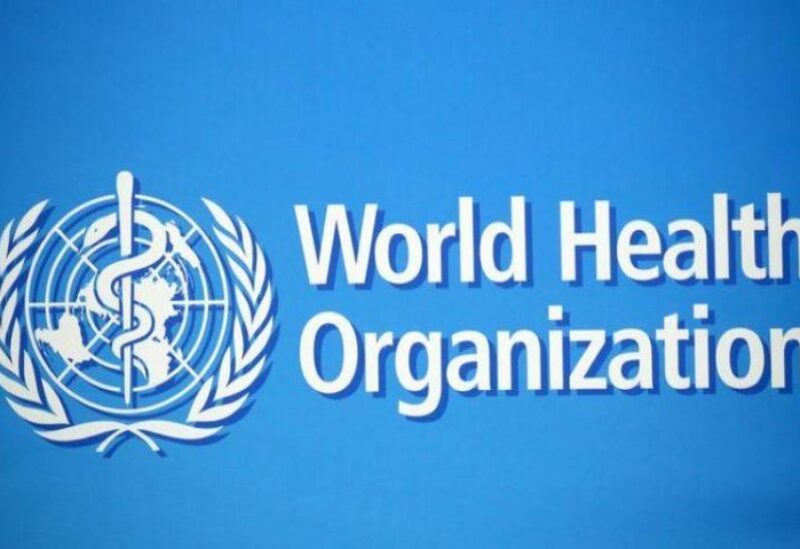
World Health Organization
Countries should take a “evidence-informed and risk-based approach” to any travel precautions involving the Omicron type of the coronavirus, including possible screening or quarantine of international travellers, the World Health Organization (WHO) warned on Tuesday.
In its most recent advice to authorities and visitors, the WHO stated that persons over the age of 60, as well as those with underlying health concerns, should postpone travel since they are at a higher risk of sickness and death.
This was consistent with WHO’s guideline for over-60s since December 2020, regardless of a traveler’s vaccination status, and did not reflect a change in guidance, according to a WHO representative.
The variation, which was first discovered in southern Africa a week ago, has sparked global concern, resulted in travel prohibitions, and highlighted the contrast between huge vaccination campaigns in developed countries and scarce immunization in underdeveloped countries.
The WHO warned on Tuesday that national authorities in countries of departure, transit, and arrival may use a multi-layered strategy to limit risk in order to postpone or restrict imports or exports of the Omicron strain.
“Measures may include screening of passengers before to departure and/or upon arrival, as well as the use of SARS-COV-2 testing or quarantine of overseas travelers following a comprehensive risk assessment,” it stated.
According to the report, all actions should be proportionate to the danger, time-limited, and administered with regard for passengers’ rights.
“Broad travel bans will not prevent international spread, and they impose a significant hardship on lives and livelihoods,” it stated.
As of November 28, 56 countries were allegedly adopting travel restrictions aimed at potentially delaying Omicron imports.